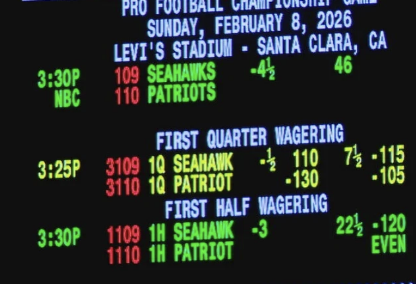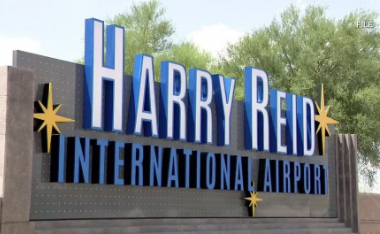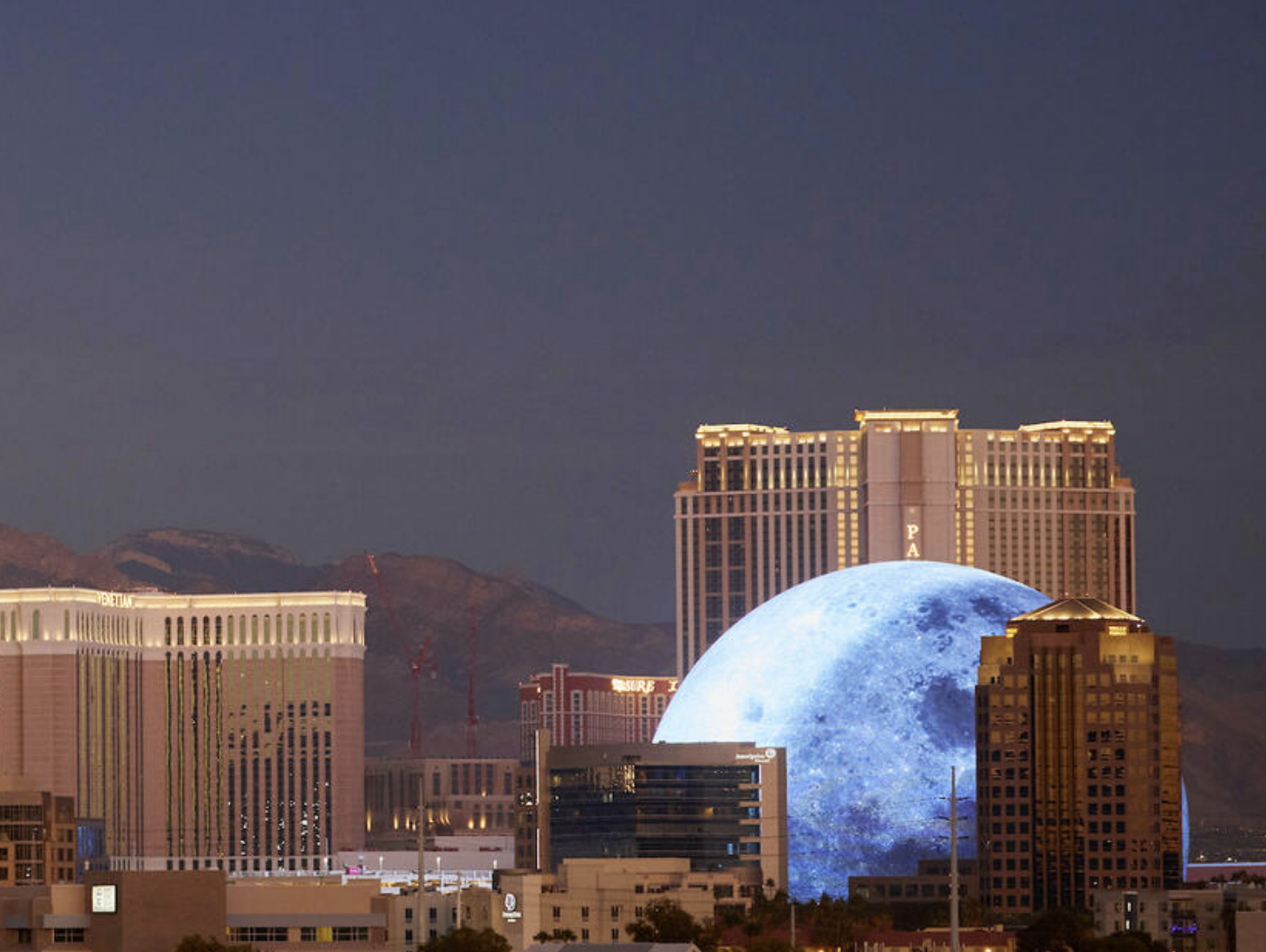How AI Is Shaping the Future of Casino Gaming
As artificial intelligence becomes more integrated into casino operations, experts are examining how the technology could reshape jobs and efficiency across the gaming industry.
Search within this site.

As artificial intelligence becomes more integrated into casino operations, experts are examining how the technology could reshape jobs and efficiency across the gaming industry.

Andrew Woods of UNLV’s Center for Business and Economic Research noted that while activity softened over the summer, conditions stabilized toward year-end, with no major spike in unemployment or layoffs.

While tourism projections for 2026 appear stronger, economists at UNLV’s Center for Business and Economic Research warn that another prolonged federal shutdown could disrupt travel and slow economic momentum.

Southern Nevada business leaders’ confidence fell in the fourth quarter to its lowest level since the Great Recession, according to UNLV’s Center for Business and Economic Research.

January 2026: UNLV Center for Business and Economic Research

UNLV’s Center for Business and Economic Research projects visitor volume could rebound to about 40.1 million in 2026, assuming economic conditions stabilize.

A new study from UNLV’s Center for Business and Economic Research suggests the recent tourism slump in Las Vegas may ease in 2026, though experts note the recovery will depend on broader economic conditions.

A forecast from UNLV’s Center for Business and Economic Research suggests Las Vegas tourism may see a rebound in 2026 following recent declines.

A forecast from UNLV’s Center for Business and Economic Research suggests Las Vegas tourism may see a rebound in 2026 following recent declines.

UNLV’s Center for Business and Economic Research reports that local business leaders’ confidence fell in the fourth quarter to its lowest level since the Great Recession.